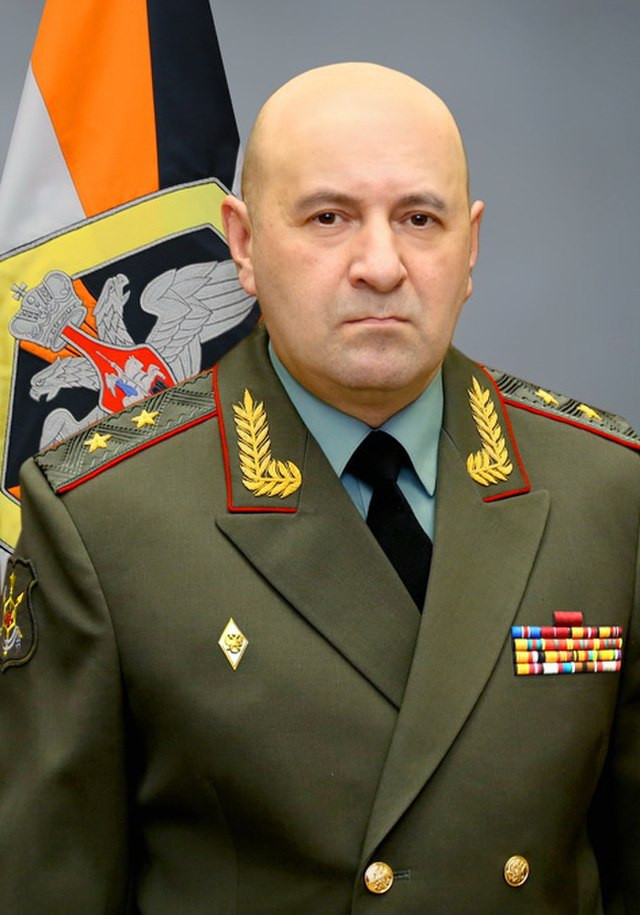Russian authorities have arrested a suspect in the bombing that killed Lieutenant General Igor Kirillov, the head of the country's radiological, biological, and chemical protection forces. The suspect, a 29-year-old Uzbek national whose name has not been disclosed, allegedly confessed to carrying out the attack under instructions from Ukrainian intelligence, according to a statement from Russia's Federal Security Service (FSB) on Wednesday.
The bomb, concealed in an electric scooter, was detonated remotely outside Kirillov's apartment building in Moscow on December 17. The explosion also killed one of Kirillov's aides and caused significant damage to the surrounding area. The FSB claims the suspect was promised a reward of $100,000 and relocation to a European Union country in exchange for carrying out the assassination.
"On their instructions, he arrived in Moscow and was given a homemade explosive device. He placed it on an electric scooter parked at the entrance to the building," the FSB statement said. The suspect reportedly used a rental car to monitor the area and set up a camera to livestream the scene to his handlers in Ukraine's city of Dnipro. The bomb was detonated as Kirillov left the building.
Ukrainian security sources told CBS News earlier this week that the Security Service of Ukraine (SBU) was behind the assassination. While these claims could not be independently verified, a source within the SBU called Kirillov a "war criminal and an absolutely legitimate target." The source added, "Retribution for war crimes is inevitable."
The assassination occurred just one day after Ukraine formally charged Kirillov with overseeing the use of banned chemical weapons against Ukrainian forces. The SBU claims that under Kirillov's command, Russia deployed chemical agents over 4,800 times since the invasion began in February 2022. The U.S. State Department has also accused Kirillov's unit of using chloropicrin, a poison gas first deployed in World War I, against Ukrainian troops.
Russia has denied using chemical weapons in the conflict and has instead accused Ukraine of deploying toxic agents. Kirillov, who held his position since 2017, was often at the forefront of Russia's efforts to propagate such claims, alleging that the United States and Ukraine were developing biological weapons targeting specific ethnic groups. The U.S. government previously warned that these false narratives could serve as a pretext for Russian false-flag operations involving chemical or biological weapons.
In the wake of Kirillov's assassination, Moscow officials have labeled the attack an act of terrorism and vowed retaliation against Ukraine. Russian investigators are treating the case as part of an overarching campaign of targeted attacks allegedly orchestrated by Kyiv. Dmitry Medvedev, deputy chairman of Russia's Security Council, called the bombing "an act of desperation" by Ukraine and pledged "swift and inevitable retribution."
The FSB indicated that the detained suspect faces charges carrying a maximum sentence of life imprisonment. Meanwhile, images from the bombing site reveal shattered windows and scorched walls, underscoring the scale of the attack.
The assassination of Kirillov marks a significant escalation in the ongoing shadow war between Russia and Ukraine. High-profile killings and targeted attacks have become increasingly common since the start of the conflict. Earlier incidents included the 2022 car bombing that killed Darya Dugina, a Russian nationalist commentator, and the April 2023 bombing that targeted pro-war blogger Vladlen Tatarsky.




